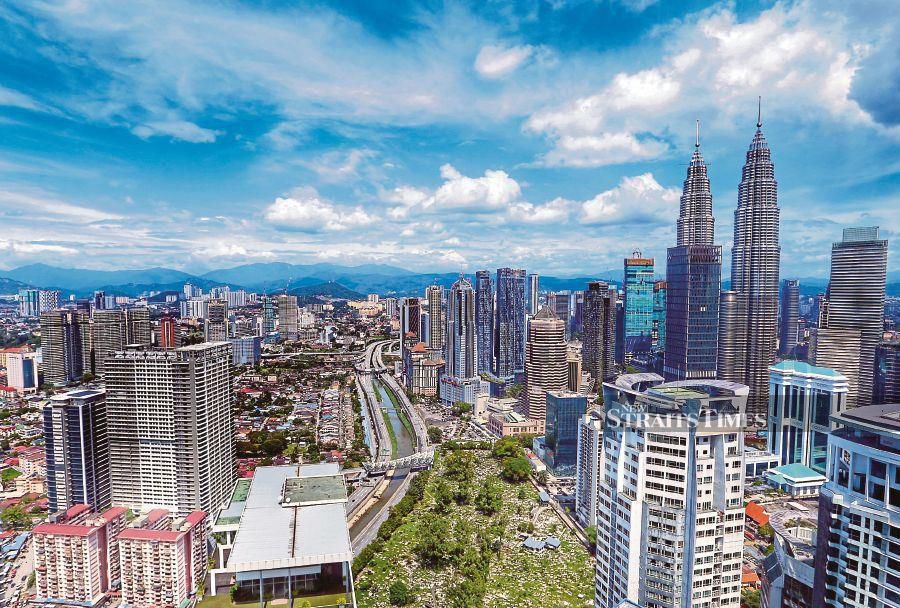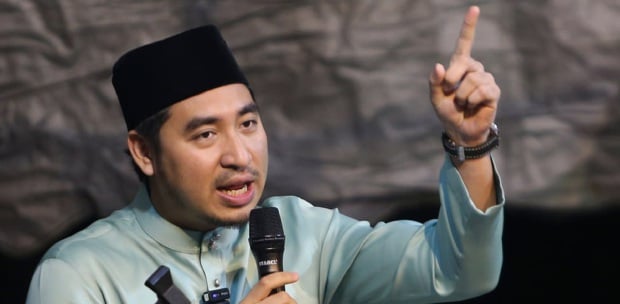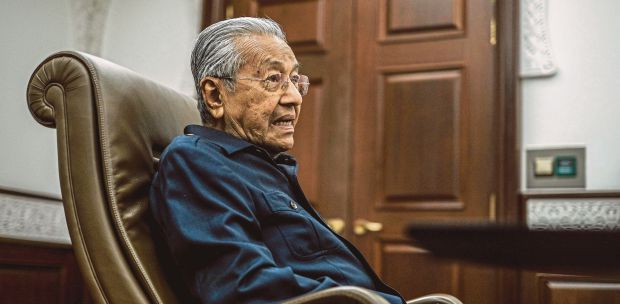Machang member of parliament Wan Ahmad Fayhsal Wan Ahmad Kamal stressed that the government has to be firm in the issue of territorial integrity and national sovereignty.
The exploration of oil and gas (O&G) in the Exclusive Economic Zone (EEZ) is our exclusive right and should never be relinquished.
Wan Fayshal further added that the government has to be tactful in their approach, without jeopardising the excellent relations between Malaysia and China.
This is in view of the fact that China has sent several survey vessels into Malaysia's EEZ with the intention of demonstrating that it does not approve of Malaysia's activities on territory that it claims for itself.
One of these, the 4,600-tonne Da Yang Hao had spent two weeks following Malaysian vessels in October 2021.
Just months before, Chinese vessels were harassing the West Capella, a drillship under contract to Petronas.
The harassment only stopped when navy ships from the US and Australia arrived in the area.
Rash moves to realign Malaysia, whether in terms of its political alliances or in restructuring its trade infrastructure to cut off the West such as de-dollarisation, will give the country less options and flexibility.
In the midst of great power rivalry, even during the first Cold War, Malaysia took a neutral and non-aligned stand while always advocating for the people of Palestine.
This was never a problem.
But now there seems to be a push from various quarters to cut ourselves off from the West and it is presumed this extends to trade.
If it is sovereignty and independence that Malaysia seeks cutting ourselves off from the West and therefore becoming wholly dependent on China certainly does not advance such an agenda.
Using the dollar as a reserve currency while expanding our trade portfolio to include other currencies at reasonable levels is the best way forward.
Talk of de-dollarisation will naturally turn away Western investors.
Are they supposed to acquire other currencies to do business in Malaysia for example?
How does that ease doing business in Malaysia and what is to stop them from turning to other countries that have an open door policy?
The slowdown in China's economy this year particularly in its imports from Malaysia which had slowed considerably, cautioning that over-dependence on any one trade partner is not going to provide guarantees and security.
According to Malaysia's External Trade Statistics from the Ministry of Investment, Trade and Industry, for the period of January to July 2023, trade was down by 6.1 per cent to RM1.505 trillion compared with the same period last year.
Exports dropped by 5.9 per cent to RM820 billion, imports fell by 6.5 per cent to RM684.65 billion and trade surplus shrank by 2.5 per cent to RM135.35 billion, respectively.
What this means is that softer global demand and lower commodity prices will drag down our trade figures.
Meanwhile, trade with China constituted 17.2 per cent (RM37.13 billon) of Malaysia's total trade in July 2023.
We ought to grasp the fact that our trade with China actually slipped by 8.4 per cent year-on-year (y-o-y).
This shouldn't miss our attention.
Therefore trading with China exclusively in yuan and ringgit will open ourselves to other vulnerabilities.
As we have seen in the case of India's palm oil embargo during the second prime ministership of Tun Mahathir, we as a trading nation are very vulnerable.
Even though it was temporary, the effect was clear.
Should there be future problems with China over the South China Sea for example and we are hit with an export embargo, not just palm oil but various other products, where will our sovereignty and independence be then.
And if we are not trading in dollars, what will our options be?
There is too much at stake to be making emotional decisions.
In the context of Kancil Diplomacy, ultimately this is a question of strategic alignment of a Small Nation State amid Great Power Rivalry.
As a small open economy, Malaysia has to plug into the global grid of value chains and reap the optimum amount of economic benefits while playing by the rules.
*The writer is a senior consultant with Global Asia Consulting and was previously attached to a leading local think tank.





